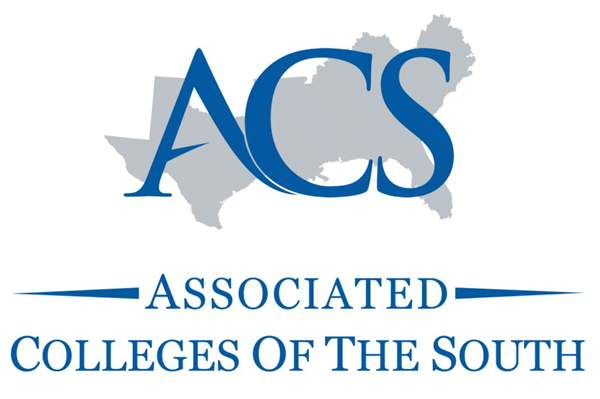Final proposals are due September 15, 2022
ACS is seeking collaborators to join the projects proposed below. These preproposals cover a wide range of disciplines and interests and fall under the categories of innovative curriculum, collaborative instruction, or diversity and inclusion. The project leads seek collaborative partners to enhance the work and extend it across ACS campuses.
If you are interested in collaborating on this project, please email grants@acsouth.edu by November 22, 2021, and we will facilitate connection.
Note: These preproposals are in development and not yet funded. Click here to learn more about our grant selection process.
Efficacy of Authentic Assessments
KatieAnn Skogsberg, Centre College
The pandemic of 2020 created challenges for teachers and students that demanded creative solutions. Traditional exams in controlled environments were no longer an option, and many of us started looking for alternative ways to assess our students’ knowledge. What if we had them demonstrate their knowledge in more personalized ways? For example, what if they could build a model, act out a skit, write a short story, or draw a cartoon? While this all sounds like fun, what if it turns out that these types of assessments are equally effective (or more so) than traditional exams?
This proposal aims to recruit fellow ACS faculty willing to try non-traditional assessments. Ideally, the design and implementation of this project would meet the requirements of a Scholarship of Teaching and Learning (SoTL) study, including a controlled manipulation and analysis of the results so that the findings can be shared on their campus, at conferences, and in peer-reviewed publications. One such experiment is already underway at Centre College, but we are looking for collaborators to spread this approach to other courses and campuses.
Authentic assessments are one alternative to traditional exams. Jon Mueller defines authentic assessments as “A form of assessment in which students are asked to perform real-world tasks that demonstrate meaningful application of essential knowledge and skills.” (Mueller, 2005). Authentic assessments allow the student to demonstrate their knowledge using skills they already have or are developing in other courses. For example, in an introduction to psychology course, an art student could draw the structures of a neuron, a computer science student could write a program that mimics its functions, and the creative writing student could write a short story anthropomorphizing the process of synaptic transmission. While authentic assessments are not new, controlled studies and systematic analyses are needed to examine how they compare to traditional assignments and assessments.
Many non-traditional assessments also follow the principles of Universal Design for Learning (UDL), with inclusivity and equity built-in instead of creating accommodations or alternative assignments on an as-needed basis (Burgstahler, 2009; Tobin & Behling, 2018). Authentic assessments align with universal design principles because they allow students to demonstrate their knowledge in more inclusive and equitable ways than traditional exams.
Outcomes:
Conference Presentations: Ideally, the collaborators will submit their findings to a national SoTL meeting during the summer, such as the LILY conference on evidence-based teaching and learning in Ashville, North Carolina, August 8-10.
Peer-Reviewed Publications: The members could either write up their segment of the project for a discipline-specific SoTL journal or combine their findings for a more general, broad scope SoTL journal to share their results with a wide audience.
ACS and Home-Campus Workshops or Talks: The participants will also share their findings with their home campuses through on-campus presentations (Friday Faculty hours or Pedagogy Luncheons), or a virtual talk to the ACS community.
